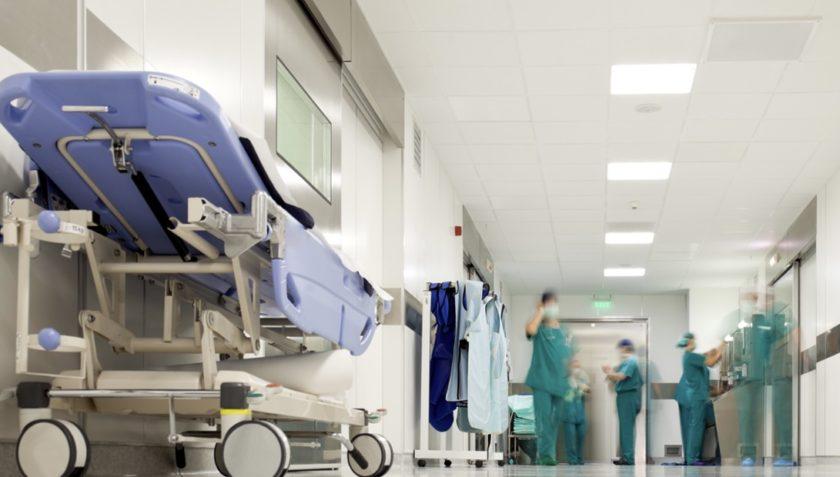Critical care and neonatal units amongst areas exempt from nurses’ strike action

Royal College of Nursing has set out protected areas during strike including Chemotherapy, dialysis, critical care units such as ‘intensive care’ and ‘high dependency’, neonatal and paediatric intensive care are the areas
The RCN has confirmed they will be exempt from the strike action later this month.
In formal letters to NHS employers today, the College has set out what it means by a commitment to a ‘life-preserving care model’ during industrial action.
Other services, which do not meet these criteria, may be reduced to a ‘Christmas Day’ or ‘night duty’ level.
The strikes will take place on Thursday 15 and Tuesday 20 December unless government negotiations are able to pause the action.
RCN General Secretary and Chief Executive, Pat Cullen, said:
“Every nurse feels a heavy weight of responsibility to make this strike safe. Patients are already at great risk and we will not add to it.
“This list of exemptions shows how seriously we take our commitment and it should put patients’ minds at ease.
“Nursing staff do not want to take this action but ministers have chosen strikes over negotiations. They can stop this at any point.”
Matthew Taylor chief executive of the NHS Confederation has said negotiations between the government and the unions to commence without delay.
He said: “Even with the RCN confirming that some critical services will be exempt from strikes later this month, there is an urgent need to clarify the position for individual trusts regarding emergency departments, highly secure mental health facilities and urgent surgery.
“The prospect of industrial action remains of significant concern to health leaders. This is particularly true as other unions have since announced their intentions to coordinate strike activity across the NHS before Christmas, which increases the risk of cancelled appointments, scaled down services and increased waiting times when the NHS is already running hot.
“The strength of feeling from workers who have felt no choice but to opt for strike action is very clear. Health leaders will do absolutely everything within their power to keep disruption to care to a minimum, prioritising patient safety at all times.”
“However, on behalf of their staff and their local communities, they need negotiations between the government and the unions to commence without delay so that a resolution can be found and the strikes can be called off.”
Spotted something? Got a story? Email: [email protected]
Latest News
